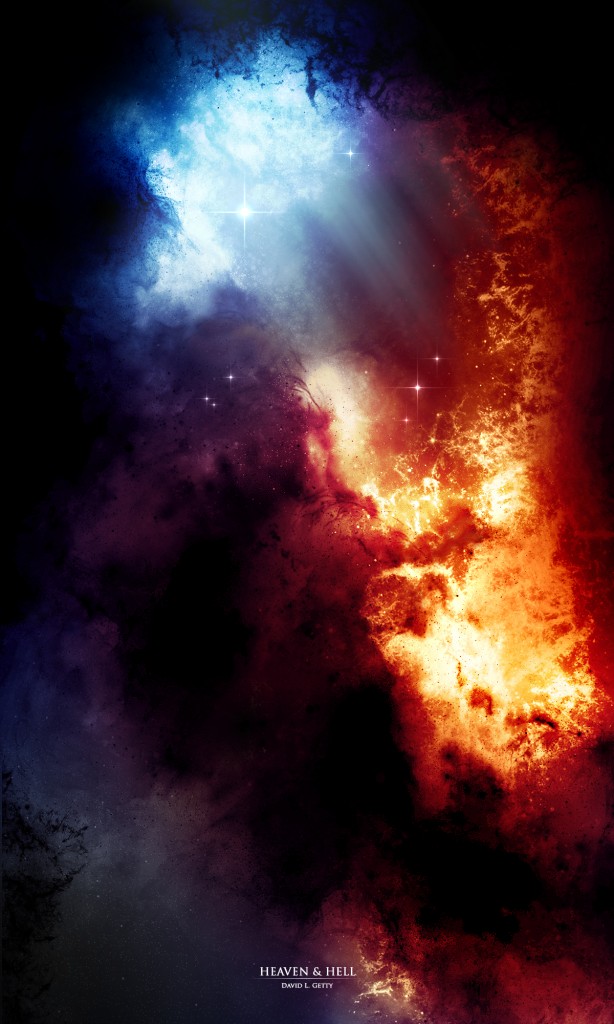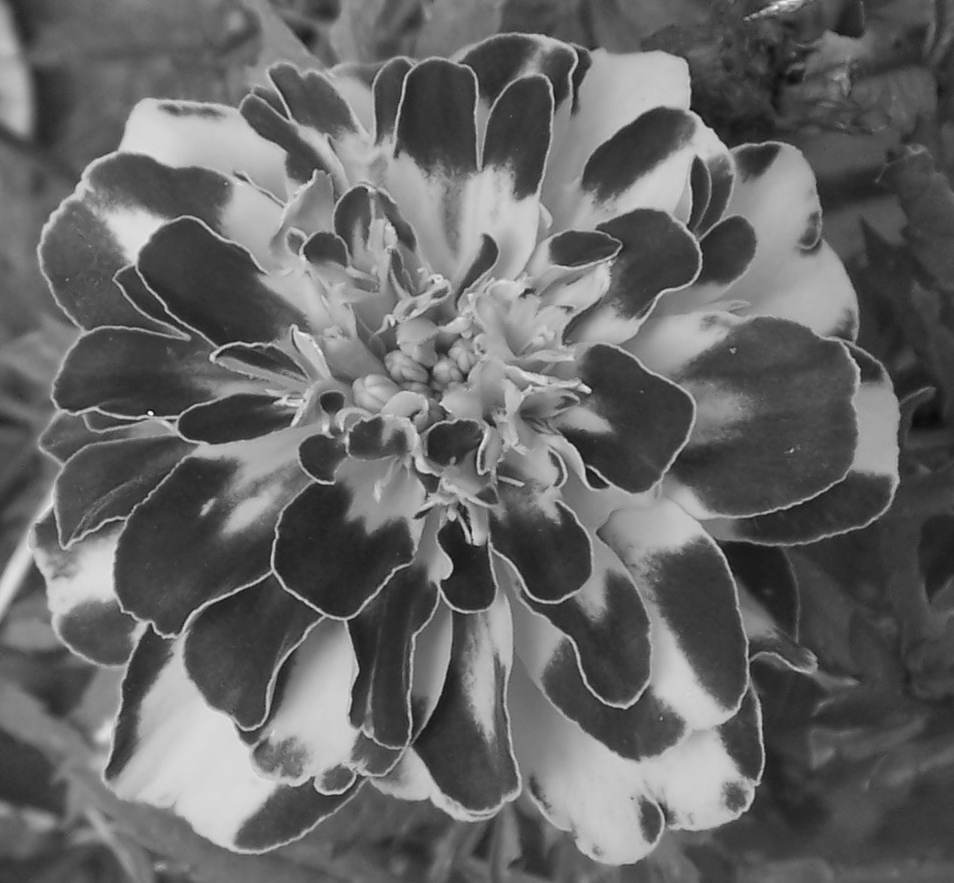I realized something: I’m sorta afraid of death.
It made me wonder why. Death is the doorway to heaven. It’s the end of pain, and hardships, the end of imperfections. For those who know they need God (and earnestly seek him) it’s a one-way ticket to eternal happiness.
On the other side of the coin, it’s the end. It’s the dark sucking hole that is impossibly empty. For those who don’t believe, it’s just the end of existence. That doesn’t seem so very bad. You do what you can while you’re here, and when you die, you don’t care, you’re dead.
(Plus there’s Hell, that’s scary, but that’s another article.)
But I realized why it’s scary to us people. Here’s what I think:
I’ve been reading about people and God, more specifically the intimate relationships between individual people and God. In his book The Normal Christian Life, Watchman Nee talks about how living for God is absolute. You don’t act upon your own ambitions any more. You either do, or you don’t.
In a world where your career, or what you’re going to do when you grow up, or how you’re going to support yourself (let alone a family!), are questions weighing down most jobless people, it’s very hard for us to trust in God. Especially because God’s rewards aren’t often physical rewards. His rewards come in spiritual formatting, more regularly. And that software doesn’t compute with our hardware: the physical.
All that to say, people have a hard time surrendering themselves to God, more so when they’re pressured by whatever problem is directly in front of them. They can be forced into having tunnel vision, where they can’t see God and the spiritual aspects of life, because what’s happening in front of their physical being is seemingly more pressing.
When this happens, it becomes even more difficult to let go.
Imagine you’re holding your infant child, and you are going to hand it to your most-trusted friend. You can judge the distance with your eyes. With your arms and hands you can feel their arms wrapping around your child. You reach out slowly, transferring the child into your most-trusted friend’s arms. Piece of cake.
Now imagine your most-trusted friend is invisible. Not only that, you can’t feel him. You cannot sense him. Would you trust yourself to hand over that newborn baby?
I know I wouldn’t. Because, when I let go, I can’t control what happens.
Control is something that we people think we can have. We can’t. Even if you don’t believe in God, you know that each individual has their own choices. They’re all going to choose something. You may be able coordinate large groups of people, maybe even whole countries, but you’ll never be able to control each individual.
When planning a summer BBQ, Sharon can’t make sure Lisa brings the potato salad, that’s up to Lisa, to put in the car and drive the car to Sharon’s. And that’s not to say that it’s up to Lisa entirely, her husband Frank may decide he doesn’t want to share the deliciousness his wife made, or their dog Dennis may not be able to resist the aroma. As you can (hopefully) see, control is impossible. But we like to think it’s not.
This element of chaos, the fact that we don’t have any control, is obvious in trusting God, because he may lead you one way, and then slam the door in your face, in order for you to find the other doorway. His methods aren’t chaotic, they just appear that way to those who are only capable of seeing one side of the story.
For me, personally, it is very hard to trust God. Whether he is asking me to respect my siblings or my parents, or he’s showing me something I’m not sure I want to happen, or even trusting him in the things I do want to happen, that he allows to happen. All these things are difficult, because if they’re out of my hands, I am not sure I’ll get the result that I want.
His will, not ours. That is the hardest part, I believe. What he wants, not what I want.
I think that when you allow the Holy Spirit to be with your spirit, you can be in concordance with God. It is then, and only then. We all act outside of the Spirit, it’s nearly impossible not to, but if we could get to the point where we trust God enough to do all that he says, then we’ll be at a point where the consequences are always for the best, regardless of the immediate affect.
When we can trust God that deeply, death isn’t something to worry about. It’s not something to even think about, because we can’t control it (or anything), and we trust God to know that when he chooses to take us will be for the best.
It’s easy for our spirit to reach this level of trust, but difficult for our soul, our body, to reach this level. And that comes back to my point about the physical being more obvious to us, thus hindering our perception of, and willingness to trust, God.
I don’t think I’m scared anymore. Now, I’m anxious to reach that level of intimacy.





 because they know the pattern.
because they know the pattern.
